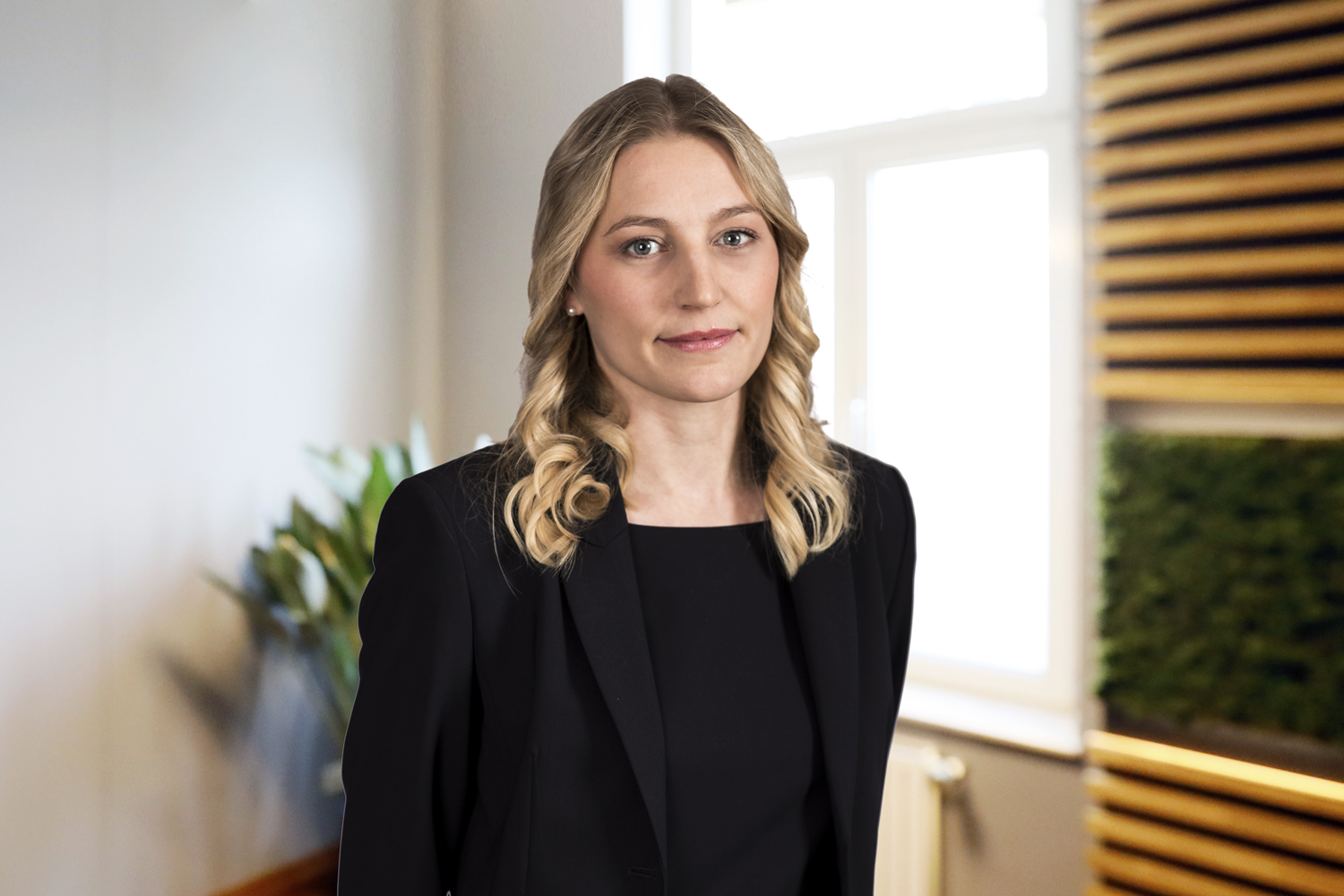Do you dream of growing your own grapes and making your own wine? Or do you already create your wine and would now like to relocate? Then it is worthwhile to take a look at German vineyards. Winegrowing in Germany is becoming more and more attractive and with that is the growth in demand for purchasing vineyards. One reason is climate change, which means the wine matures better than in previous years. Additionally, German vineyards are cheaper than, for example, French vineyards. However, these are certainly not the only factors to consider when purchasing a vineyard.
A vineyard can be a good investment because, in recent years, vineyards have experienced a not-inconsiderable increase in value. Other aspects of vineyards to consider as excellent investments are the real estate belonging to them and any machines sold as accessories. Generally, when buying a vineyard, it is essential to get the required information well in advance. Vital factors to consider are the vineyard’s location and, of course, the purchase price.
In addition, unique legal aspects come with purchasing a vineyard in Germany, and these must be considered. On this page, we would like to provide you with an overview. Don’t hesitate to contact our lawyers directly for further specialist service and straightforward advice in purchasing a vineyard in Germany.
Notarial Purchase Contract and Entry in the Land Register
When purchasing a vineyard in Germany, the exact legal requirements apply as for other land purchases. A notarized contract of sale is generally required for the transaction to be valid (per § 311b Abs. 1 BGB).
This notarization serves, in particular, to protect against ill-considered purchases or sales of great importance. The buyer finally acquires ownership when they are entered into the land register as the vineyard owner, and the purchase contract is thus executed. However, this may take several weeks. To ensure that the seller does not make a different decision shortly before, it is advisable to enter a notice of conveyance in the land register.
In the purchase contract, the agreements with the seller should be recorded in as much detail as possible to avoid later misunderstandings and disputes. This includes deals on the condition of the property and any accessories, such as technical equipment for growing and processing grapes.
The assistance of an experienced lawyer in drafting or reviewing the sales contract can relieve you of many worries. It is also essential to obtain thorough information about the property in question, various contaminated sites, the condition under building law, etc., before the purchase.
Frequently, property sellers arrange for a disclaimer to be included in the purchase contract. If a defect is discovered later, the buyer, in this case, has no warranty rights in principle. However, a buyer who is well-informed about the property can avoid surprises later on.
In particular, checking the land register before the purchase is recommended. This recommendation is there because the legal relationships of the property are recorded there, i.e. not only the owner but also any encumbrances.
Purchasíng a Leased Vineyard Plot
Before buying a vineyard, it must be clarified whether the vineyard or parts of it are leased. This clarification is required because the buyer enters into an existing lease and assumes the associated rights and obligations. Thus, an existing lease agreement remains in force even after the change of ownership (“Purchase does not break lease”, see §§ 566, 581 para. 2/593b BGB).
However, if the buyer prefers to cultivate the leased land themselves, termination of the lease agreement due to own needs is generally not possible. An exception is made if the lease agreement contains the explicit provision that termination for own use is possible.
Furthermore, there is the possibility of a lease termination agreement. In this case, however, the termination of the lease must be mutually agreed upon with the lessee. This is often accompanied by the agreement to pay compensation.
An ordinary termination is only possible with an unlimited lease. If it is a land lease agreement, the termination must occur at the latest on the third working day of a lease year at the end of the following lease year (§ 594a para. 1 BGB). Thus, a notice period of two years applies.
A land lease agreement exists if the land or parts thereof are leased predominantly for agricultural purposes, including the cultivation of wine. In contrast, only extraordinary termination is possible for a limited lease contract.
Permission According to the German Property Transaction Act
According to § 2 para. 1 of the German Property Transaction Act (GrdstVG), a permit is generally required to sell agricultural property. The use of vineyards represents such agricultural use. In order to obtain the permit, an application must be submitted in writing to the competent authority.
Depending on the respective national law, the agricultural authority in whose district the property is located may be responsible.
The decision on the approval is generally made within one month after receipt of the application and the document on the legal transaction to be approved (§ 6 para. 1 GrdstVG). Only after approval is granted is the purchaser generally entered in the land register (see § 7 GrdstVG).
There are, however, exemption limits which vary from state to state. If the corresponding exemption limit is not exceeded, no approval must be applied for. In Rhineland-Palatinate, the exemption limit is 0.1 ha. The Moselle wine region is probably the best known, and Rheinhessen is the largest wine region in Germany. In Bavaria the limit is one hectare, in Baden-Württemberg 0.5 hectare and in Saarland 0.15 hectare. Differences such as these illustrates why having a legal expert in your corner is a valuable asset when purchasing a vineyard.
Among other things, the obligation to obtain a permit is intended to ensure the maintenance and improvement of the agricultural structure and the continued existence of agricultural enterprises. If the buyer is not a farmer, it is possible that the permit will be denied. It is also possible to impose the condition that the land is leased to a farmer.
EU Permit System for Vine Plantations
When purchasing a vineyard, it should also be ensured that existing vine plants have been approved under wine law. In principle, vines planted without a permit must be grubbed up. If the obligation to grub up is not complied with, sanctions follow.
Exemptions from the obligation to obtain a permit may apply, for example, to “hobby vineyards”.
If the corresponding planting permit is missing, this can lead to claims for defects by the buyer. Including an explicit provision in the purchase contract is advisable to avoid later disputes.
The authorization system for vine plantations in the EU came into force in 2016 per the Regulation on the Common Market Organization No. 1308/2013. It is further regulated by Regulation (EU) 2018/273 and the Implementing Regulation (EU) 2018/274 and implemented by the German Wine Act.
According to § 4 (1) of the German Wine Law, only grapes produced in domestic vineyards that are legally planted with vines may be used for making domestic wine and other products from domestic grapes. The planting must therefore have been approved.
There can be different situations when purchasing a vineyard. If the vineyard is legally cultivated, i.e. planted with vines, then the buyer can either continue to cultivate them or grub them up or have them grubbed up. In case of grubbing up, a replanting permit can be granted (§ 6 paragraph 1 of the Wine Act). A corresponding application is submitted to the competent state authority.
Depending on the federal state, a simplified procedure may be approved for this purpose. In this case, the replanting permit is deemed to have been granted retroactively on the day of grubbing up if the planting is carried out on the grubbed-up area within three years, and no application needs to be made. Instead, timely notification of grubbing up and replanting is sufficient.
If the land is not a planted vineyard, the buyer does not acquire a planting right. In this case, the buyer may, if necessary, transfer a replanting right existing on their own holding to the area in question since planting rights are no longer linked to the site but to the holding since 2016. Otherwise, the buyer must apply for a new planting permit from the Federal Agency for Agriculture and Food (BLE). This period extends from January 1 to March 1 of any given year.

Practice Group: German and International Sales Law
Practice Group:
German and International Sales Law
Contact our Lawyers for International Sales Law
Please use our online form to outline your request to us. After receiving your request, we will make a brief initial assessment based on the facts described and provide you with a cost offer. You can then decide whether you would like to engage our services.












